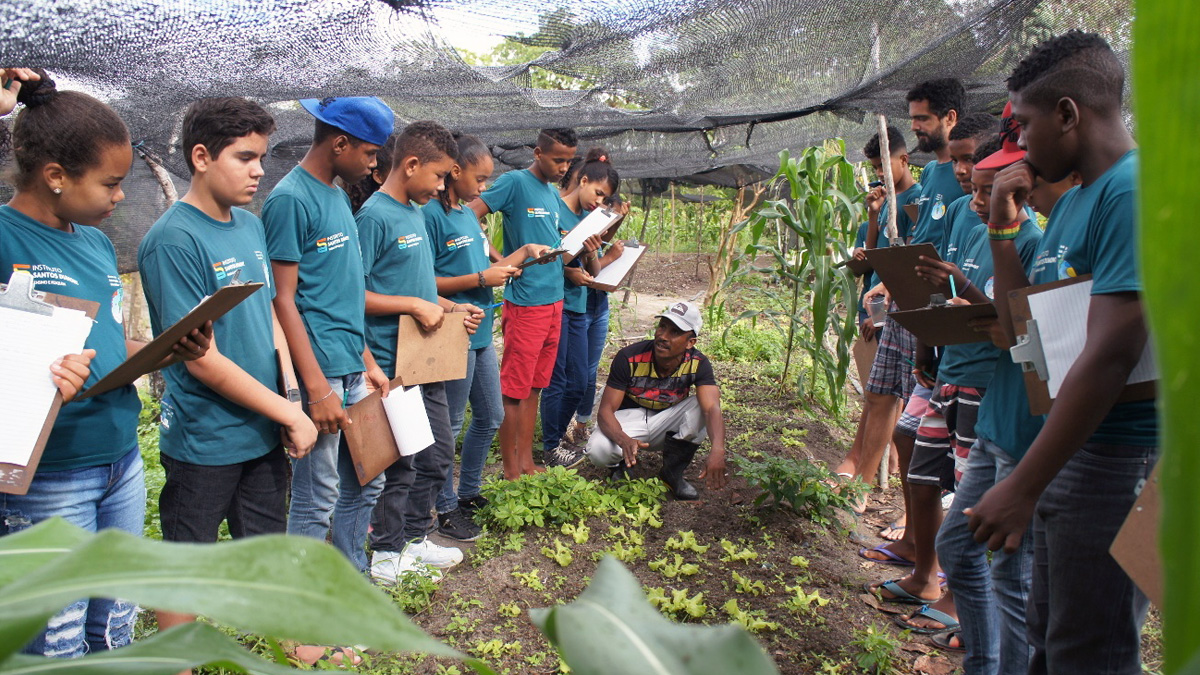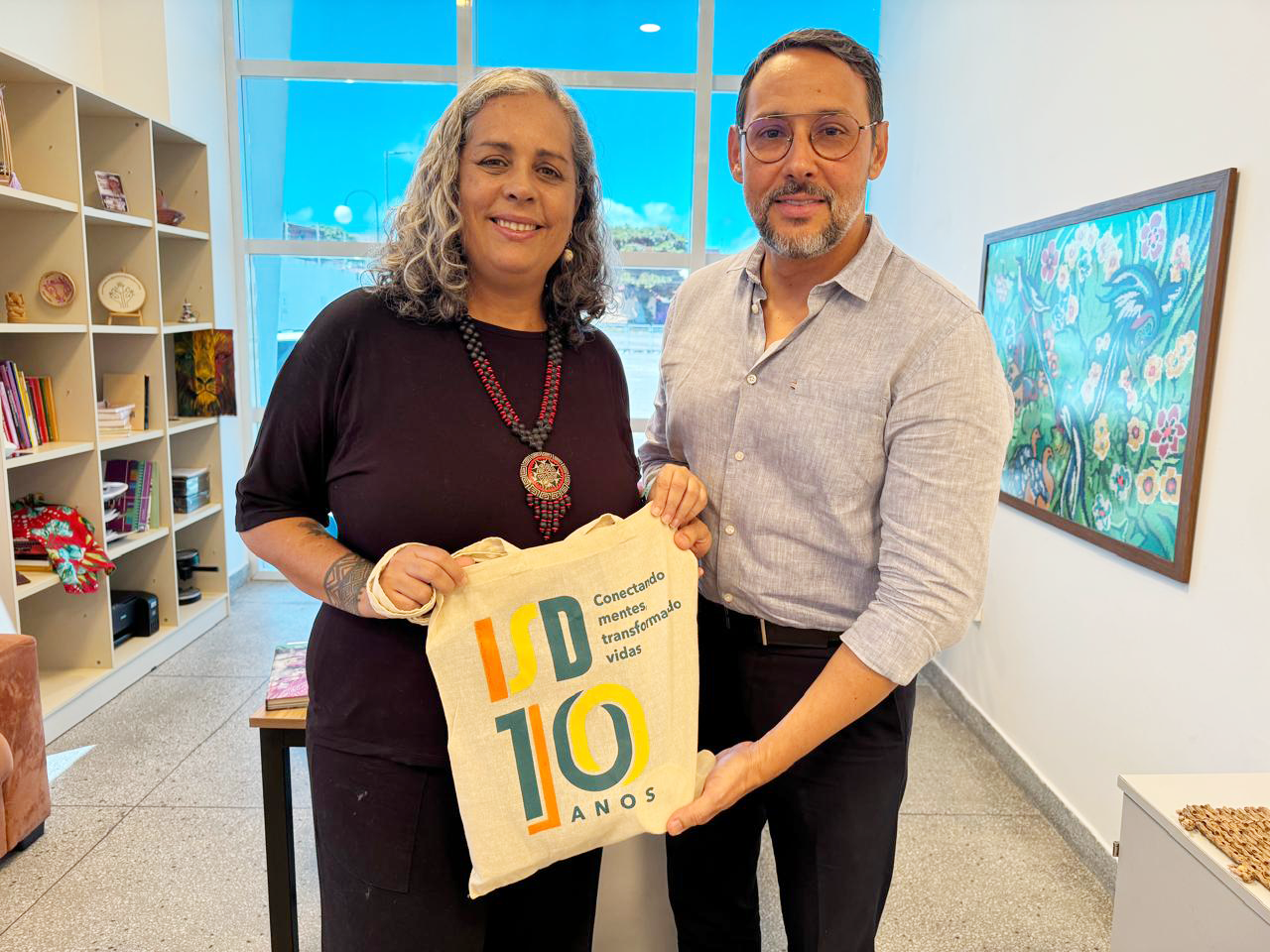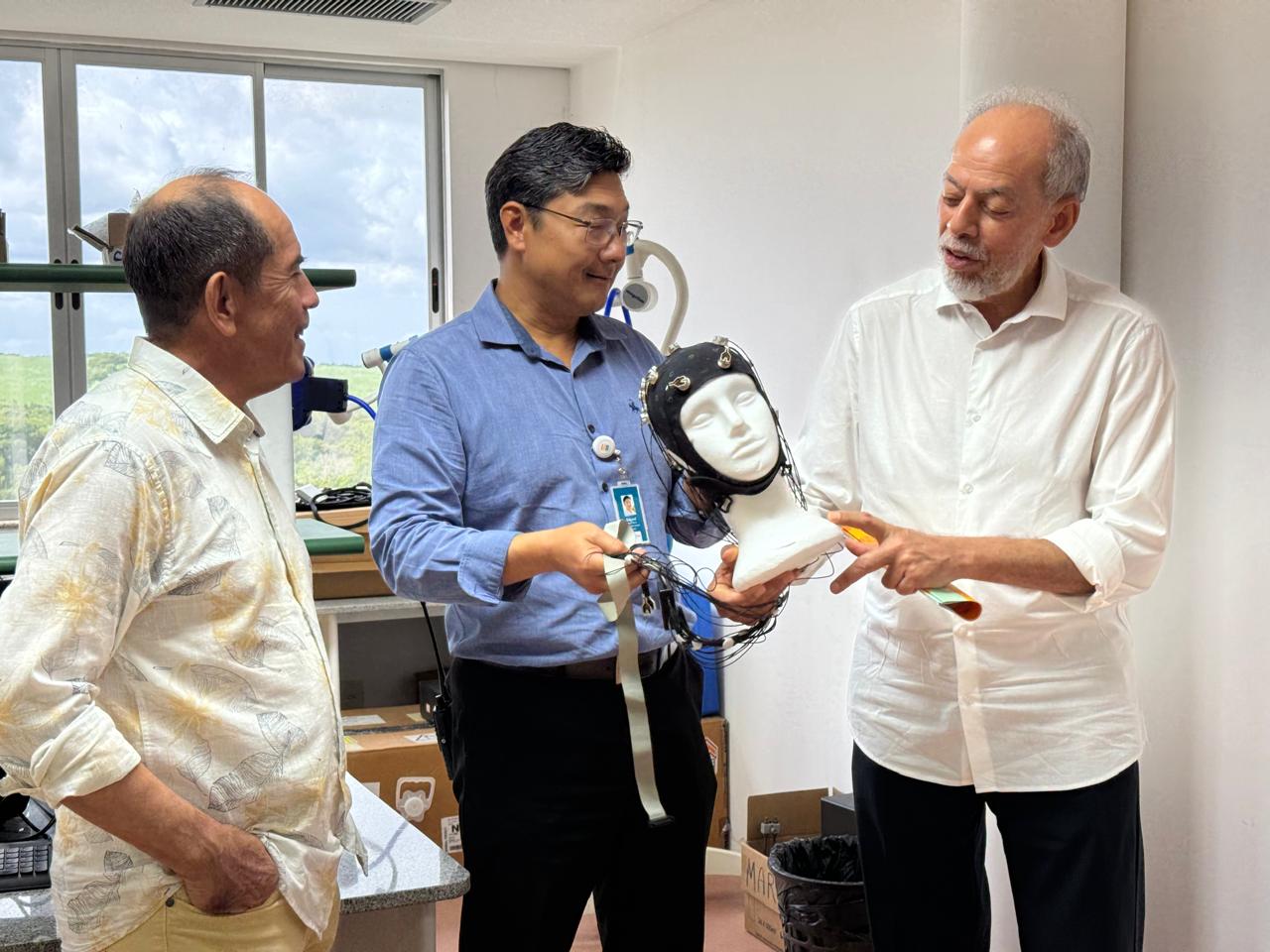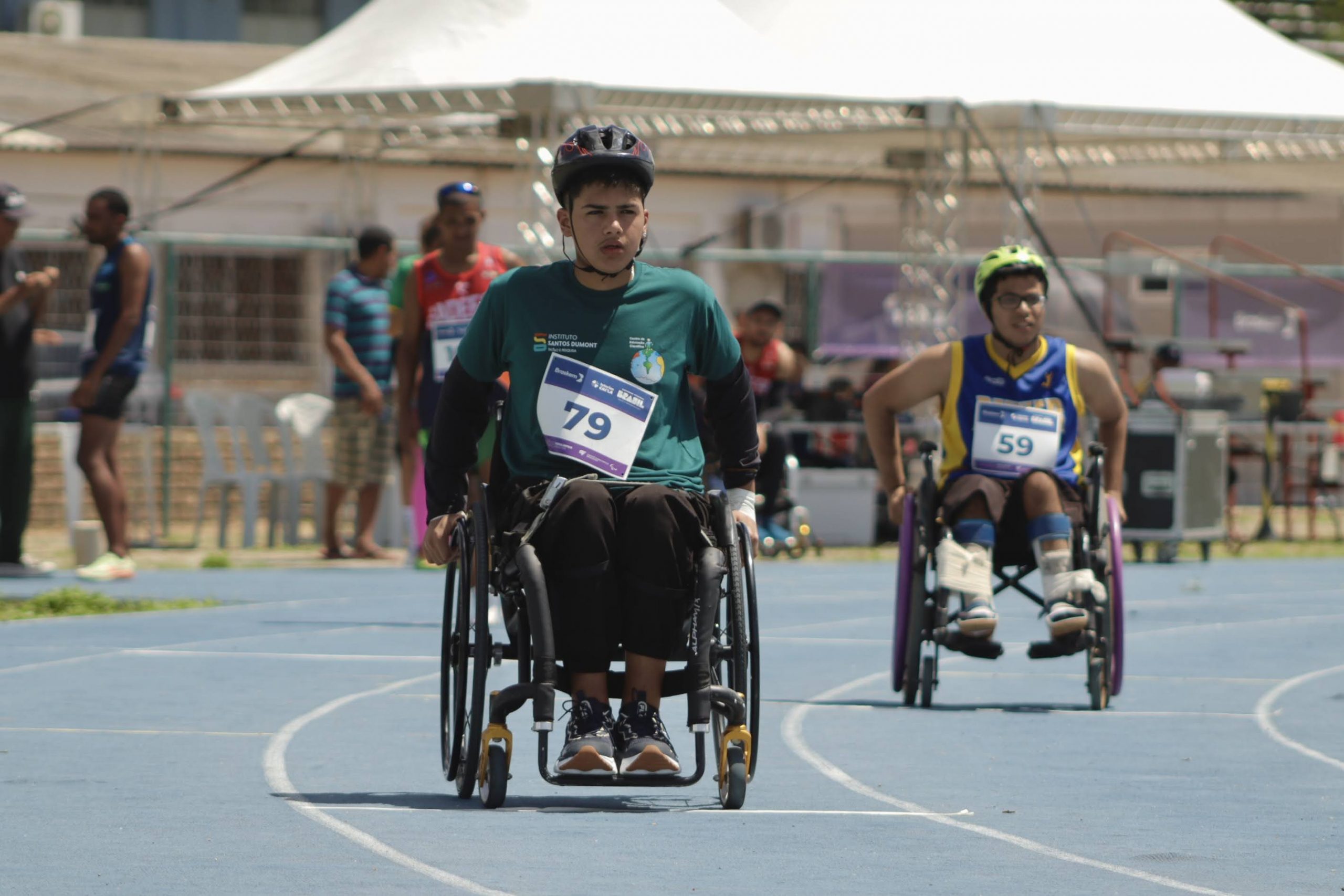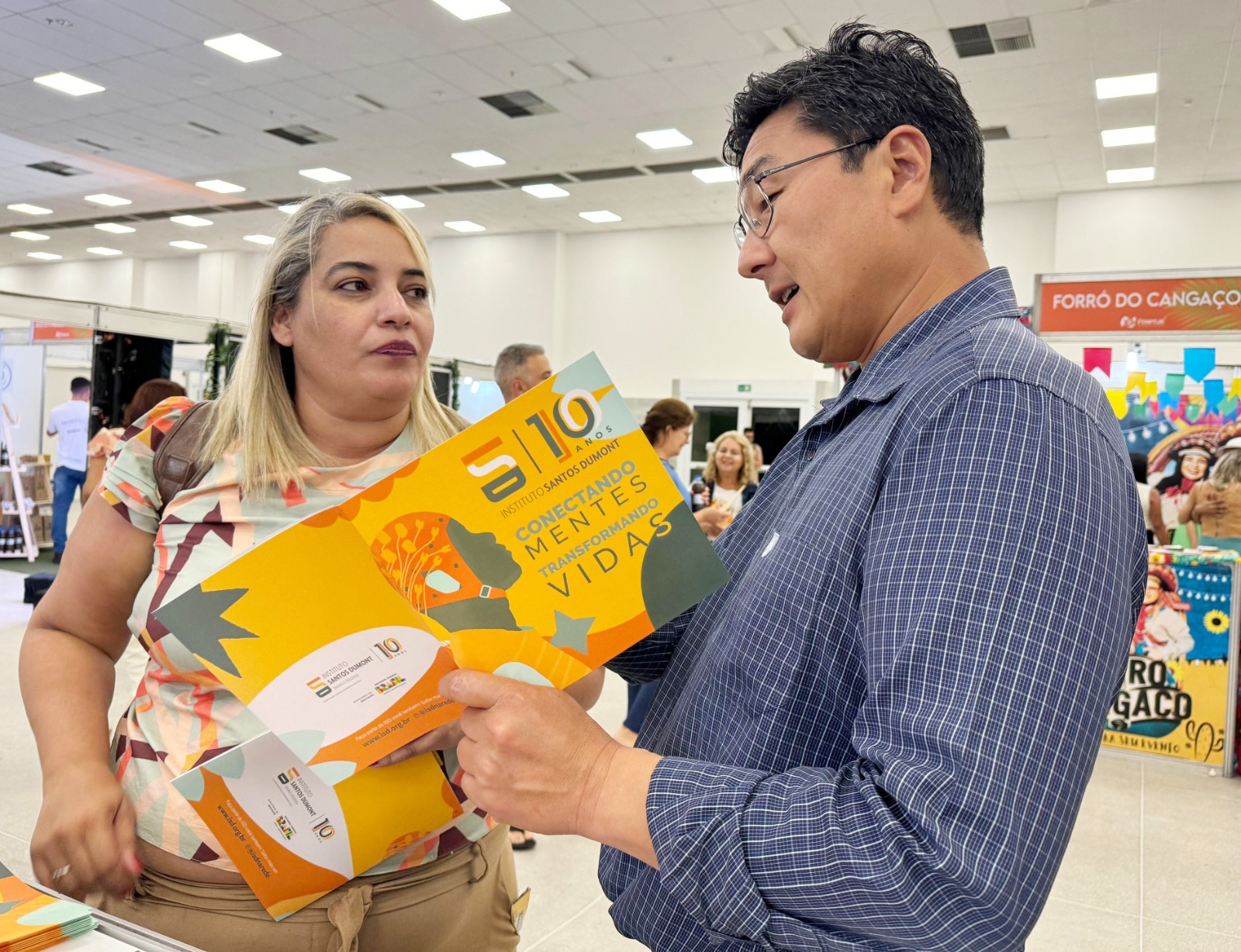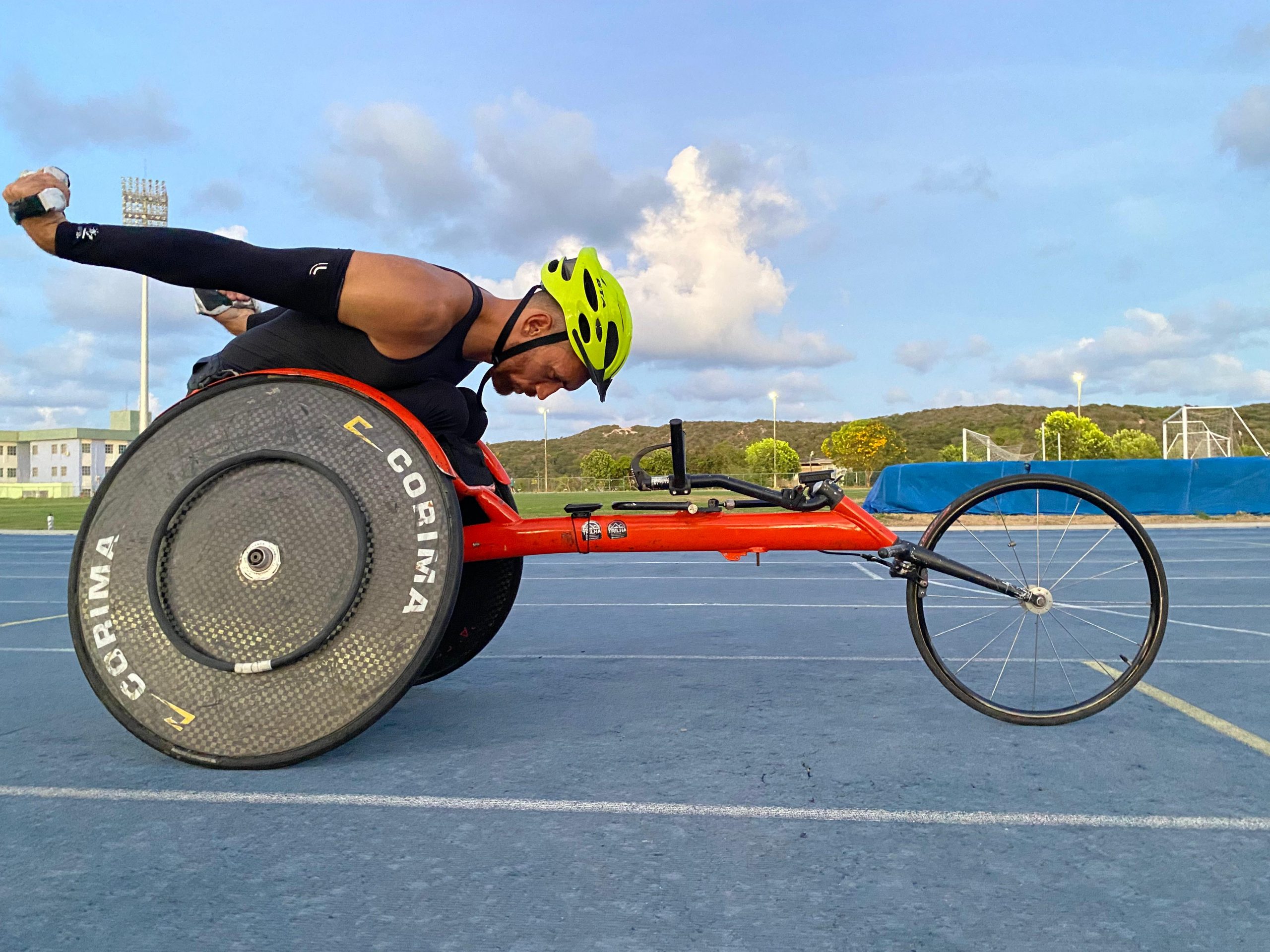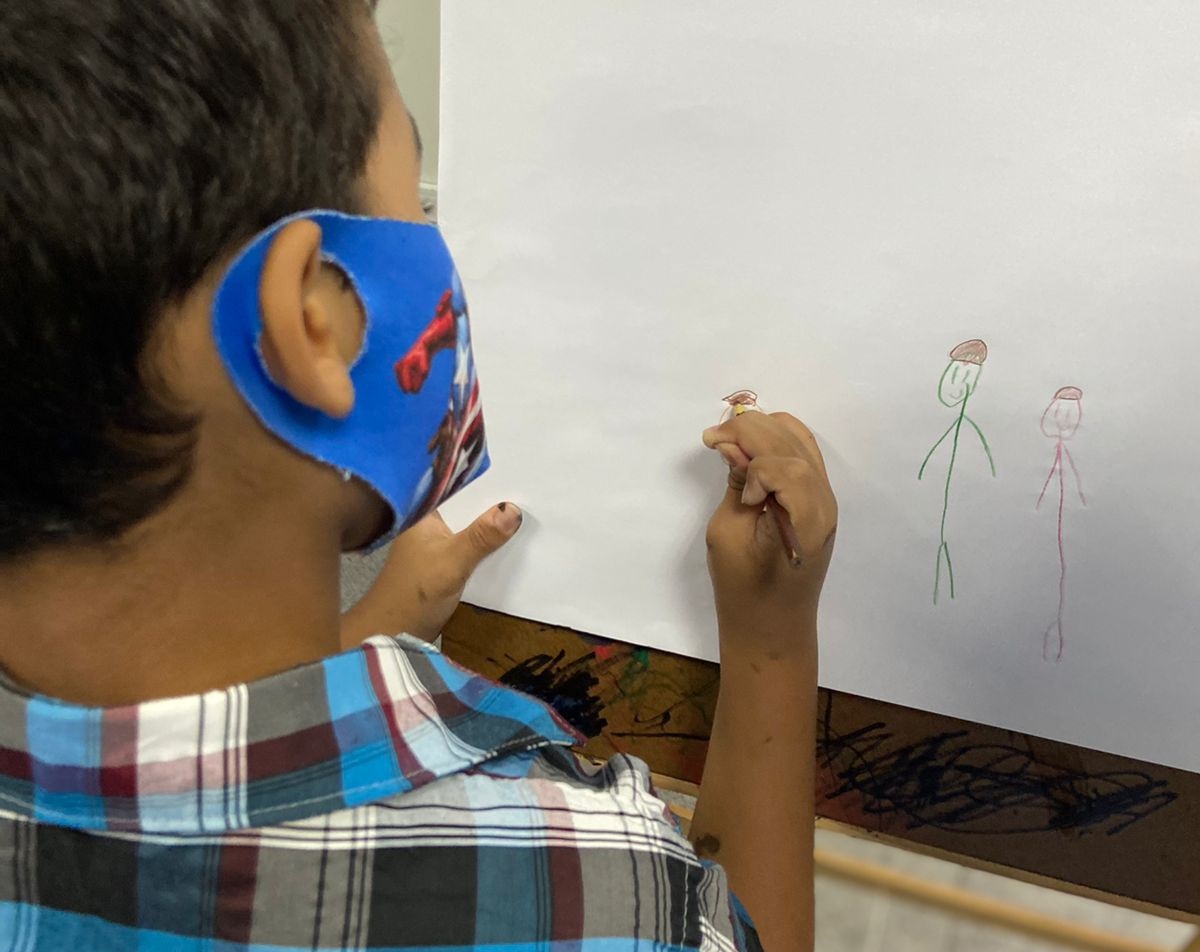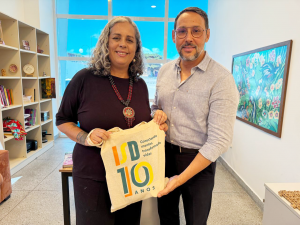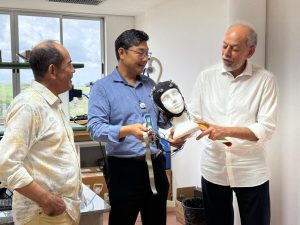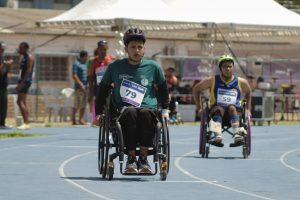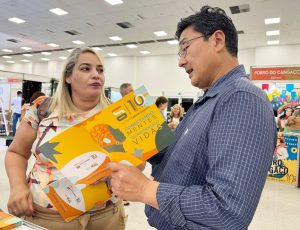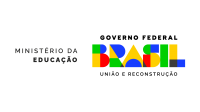On the 24th and 25th of May, students from the Science and Technology and Science and Environment workshops at Science Education Center (CEC) from Serrinha (BA), made a visit to the adjacent community of Alto Alegre, with the aim of observing and exchange experiences with farmers, uniting the popular knowledge experienced by the community and the scientific foundation made by CEC students.
The members of the workshop Science and Environment observed a local vegetable garden that uses popular farming techniques. With this, CEC educators intended to stimulate new ideas to be used in the school's research space. In addition, practical experience leads students to understand that science is not only produced indoors, but can also be developed through experiences of those who dedicate themselves to doing science.
With the exchange of information during the visit, it was possible to show that research is also important for the creation and execution of projects. An example of this was when students shared information about research and tests carried out in irrigation made with pet bottles. The projects researched and carried out by them were shown so that the visited family could use them on their property.
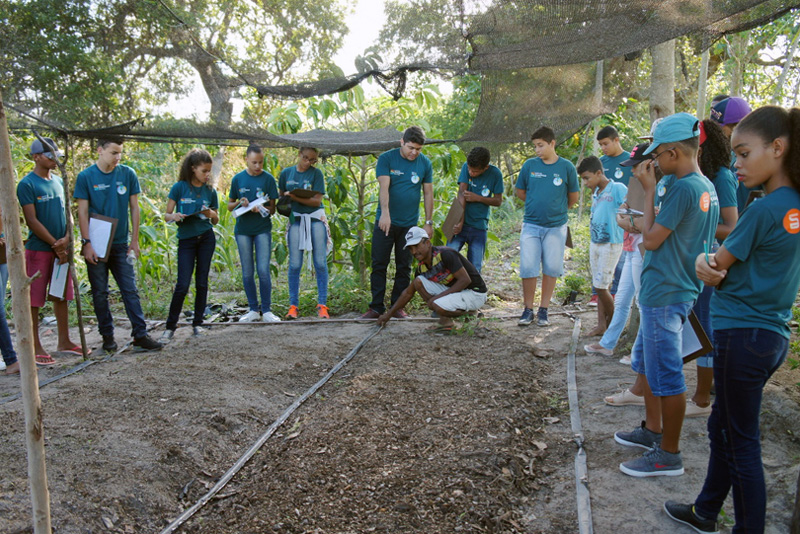
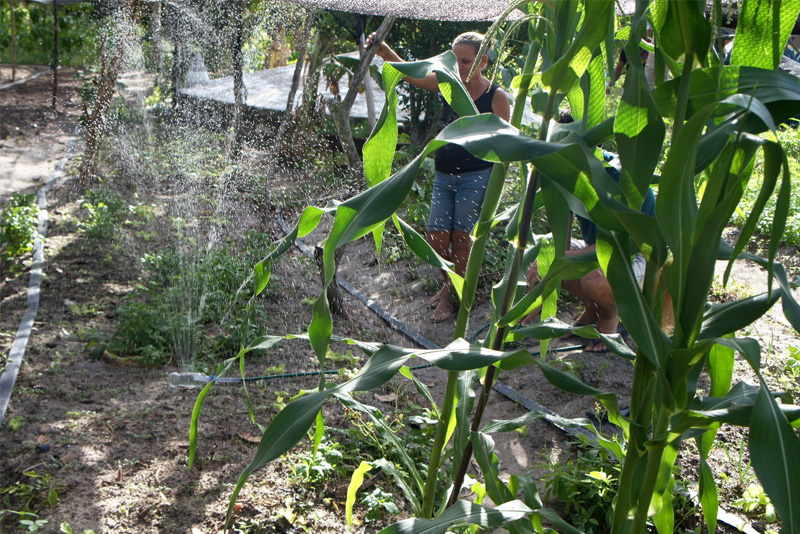
Already in the workshop science and technology the use of cisterns was discussed, a social technology that captures and stores rainwater and which are important tools for the reality of the region where CEC Serrinha is located. In this way, the visit deepened the students' knowledge of the principles and techniques of rainwater harvesting, filtering and treatment processes, the application in agriculture and in the lives of farmers. By observing the adaptations made in the field resulting from the use of cisterns, the students were able to compare what they saw in the place visited with what was studied in the workshop and understand that technologies do not need to be expensive and complex to contribute to the development of man's life.
middle studies
Expand horizons and seek knowledge beyond school. This is one of the focuses of work in all Scientific Education Centers (CECs) with so-called environmental studies. The idea of this didactic is to lead students beyond the physical limits of the school. With this, it is possible for them to reflect on subjects chosen in advance and learn, in the practice, content related to the workshops they attend.
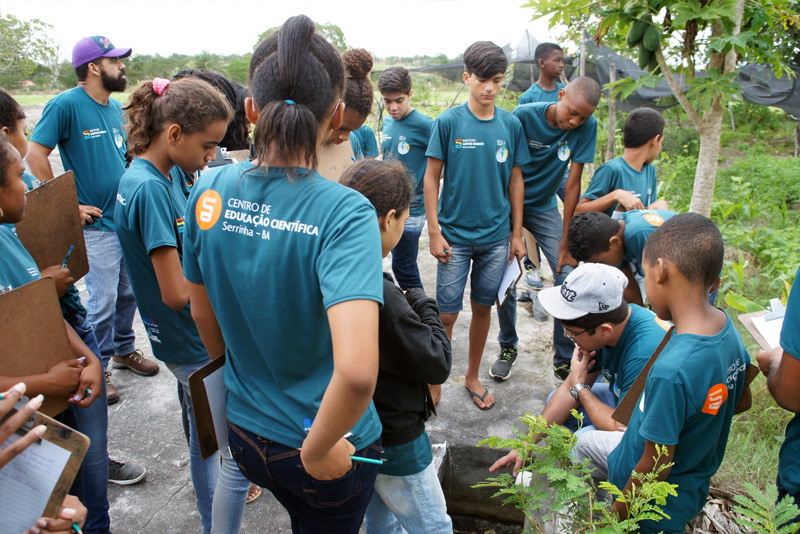
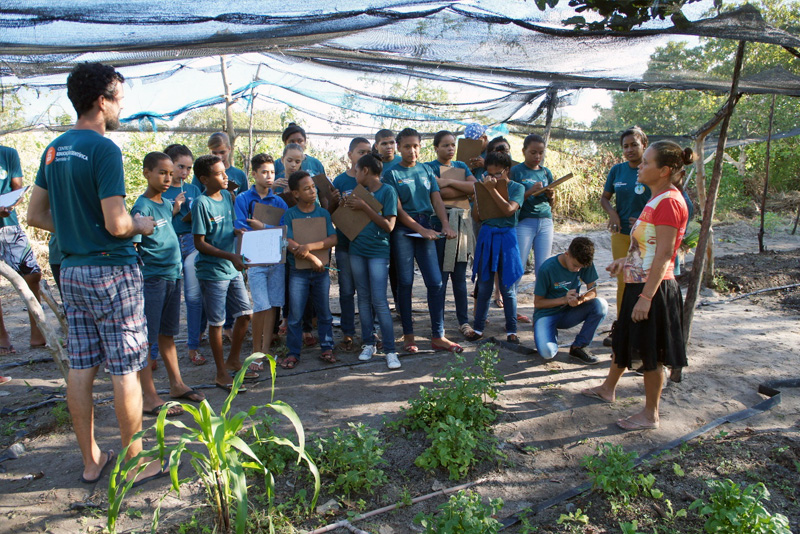
Text: Ariane Mondo, with information from CEC Serrinha
Photos: Promotion by CEC Serrinha
Communication Office
comunicacao@isd.org.br
(84) 99416-1880
Santos Dumont Institute (ISD)
Social organization that maintains ties with the Ministry of Education (MEC) and whose mission is to promote education for life, forming citizens through integrated teaching, research and extension actions and to contribute to a fairer and more humane transformation of the Brazilian social reality.

